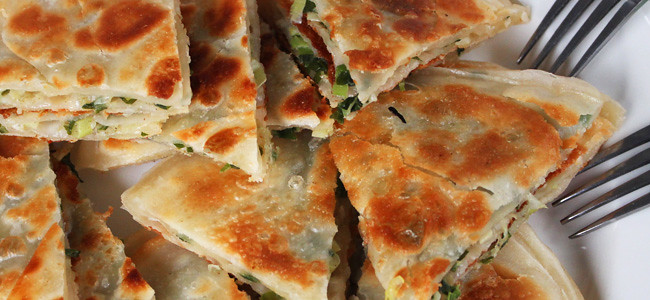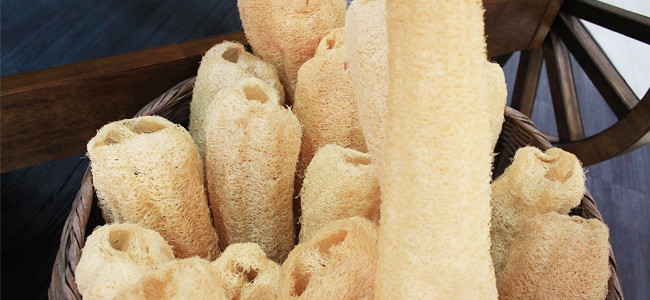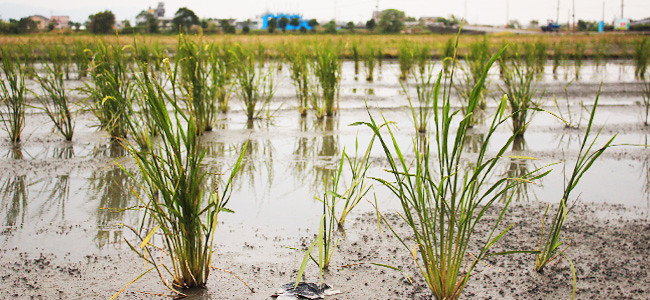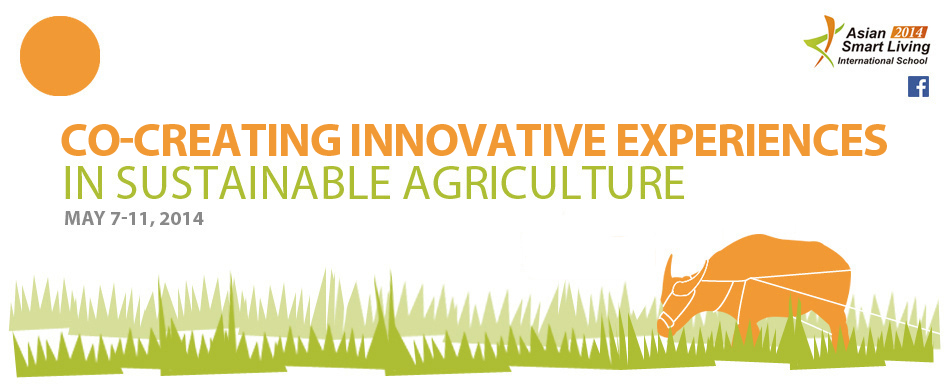The 2014 Asian Smart Living International School (ASLIS2014) will be held from May 7th to 11th, 2014. With a concern for sustainable agriculture, the focusing theme of ASLIS2014 will be to “Co-create Innovative Experiences in Sustainable Agriculture.” In order for this experience to take root in an agriculture-based environment, the location will be held in Yilan County, Taiwan. The primary learning sites chosen for ASLIS2014 are Jiaoxi, Sansing and Wujie Township. You are cordially invited to this event, and your input will be highly appreciated.
The Core behind the Theme
The theme “Co-create Innovative Experiences in Sustainable Agriculture” is based upon three key words, co-creation, innovation and sustainability. To start with, for co-creation, stakeholder engagement is vital. Participants should not only discover different issues in the context of different phases of agricultural development, but also create new product applications and value with stakeholders. As for innovation, the challenge is to think outside the box and to reconstruct our impressions of farming so as to reshape the value of agriculture and to elevate it to a different level. Finally, the aim for sustainability is to respond to the needs of the present in such a way as to retain the commitment of future generations to agriculture. Creating a virtuous circle of co-creation, innovation and sustainability involves many social, environmental and econonomic factors.
About Yilan
Sitting in the northeast Taiwan, Yilan has the geographic characteristics of a gigantic plain area, ample precipitation and bountiful soil, making it an excellent site to practice agriculture. The completion of the Hsuehshan Tunnel in 2006 shortened the commuting time remarkably from Taipei and attracted many more to visit and enjoy the natural scenery in Yilan. As a consequence, the focus of the agricultural industry has shifted from pure farming to leisure farming. The market for leisure farming, however, has reached the stage of saturation. How to insert innovation into this industry will require further in-depth planning.
More about the Learning Sites
The three learning sites selected for this program each of which has its unique characteristics. First, speaking of Jiaoxi, the first thought coming across people’s mind is the hot spring. Farmers use this colorless and odorless spring water to irrigate vegetables, especially the so-called “Hot Spring Four Treasures”: water spinach, tomato, loofah and water bamboo. In addition, Jiaoxi is the sole growth environment for kumquats in Taiwan due to its climate of high humidity and rainfall. The second site is Sansing Township, where, with its non-polluted environment and crystal clear water, onions can grow extremely well. A particular food loved by many people in Taiwan is the onion pancake. They love this delicacy, but few know that the onions come from Sansing Township. In addition to onions, its environmental advantages also make Sansing suitable for planting Admiral Pearl and raising ducks. The third site for the program will be Wujie Township, which is closely related to the Taiwanese daily diet. Widely known for its rice, Wujie has developed several rice brands, in the hope that one day people in the world can know how good the rice is. Each of the townships has its specialty; however, they all encounter the same problem, which is how to effectively create competitive marketing strategies and service models which can accelerate agricultural growth and sustainable development.
 Sansing green onion pie |
 Dried loofah in Jiaoxi |
 Rice field in Wujie |
|
